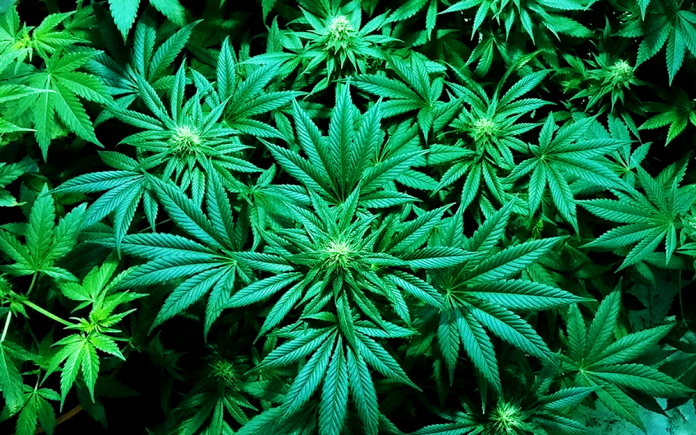
BY RUTH HILL R.N.
California has a difficult time closing out illicit cannabis growers. Our legislative wizards have over 50 bills to reform the cannabis tax structure. Many are in suspense. But the two that have an impact on the cannabis economy are SB 195 and AB 2691. Governor Newsom signed the 2022 Budget that included SB 195, the repeal of the cannabis cultivation tax. Let us ask ourselves: “Is this reform enough to drive out the illicit market”.
First, we digest SB 195 which suspends the CA State cannabis collection of the excise tax on the distributor and moves it to be collected at the point of sale. The caveat to this reform is the “California Department of Tax and Fee Administration is required by the law by July 1, 2025, (CDTFA) to adjust the excise tax every two years by a rate, not to exceed 19%, which would generate an amount of revenue equivalent to what would have been collected from the cultivation tax”. Is this fuzzy math?
Other provisions would allow qualified cannabis businesses to claim a credit of up to 25% of their qualified expenditures (employment compensation, safety-related equipment, training and services, and workforce development and safety training) up to $250,000 maximum. Allows equity retailers who have received an equity fee waiver from the Department of Cannabis Control to retain 20% of the excise tax they collect.
SB 195 requires cannabis businesses to enter into labor peace agreements with their employees with additional enforcement tools and lowers the threshold of applicable businesses from 20 employees to 10 employees beginning in 2024. What is a “peace agreement”? Does this mandate a union?
Each cannabis delivery will have a unique “trip” number assigned to it in the track and trace system and this information will be interfaced over to California Law Enforcement Tracking System for law enforcement to verify the delivery doesn’t cross the state line. California cannabis farmers will put between 30 and 55 million plants in the ground every year. The tags can only be used on one plant and never re-used.
The majority of California’s weed is grown on unlicensed, illegal farms. Plants grown illicitly aren’t tagged. Plant tags are overkill. They don’t address the preponderance of illicit cultivation. There’s also the ancillary waste: the 30-55 million zip ties, the plastic packaging that the tags and zip ties are shipped in, the containers necessary to retain and store those tags for seven years (as required by law), and the garbage bags used for disposing of them.
The bottom line is that every single cannabis plant in the entire state of California must have an individual plastic RFID-enabled tag zip-tied to it. It will generate a quarter-million pounds of waste per year. I wonder which genius thought this up.
Now let us look at AB 2691 Cannabis: temporary cultivator event retail license, which has been in suspension. Over forty California Cannabis groups are asking Assembly Member Wood, who represents the Emerald Triangle, to resurrect this bill into law. Consumer and patient access to farm-fresh cannabis and small-batch products at retail have substantially diminished since legalization. As an annual plant, California’s extraordinary cannabis genetic biodiversity will be lost permanently.
AB 2691 would provide a pathway for small producers to re-establish these consumer relationships, and in turn, would help build a niche market for craft cannabis produced by California’s world-renowned cultivators. Equitable access to marketing is an essential lifeline for small producers and vital to consumer education efforts.
The illicit market makes up 80% of California’s market. Most consumers decide to purchase unregulated cannabis products because those products are at times half the price of regulated products.
Craft legacy producers have largely lost access to these opportunities to connect directly with well-established and loyal medical cannabis consumers, as well as the burgeoning recreational consumer base. Vertical integration is financially out of reach and land use regulation restricts the opportunity to sell directly from the farm. Give your views to Assembly Member Wood.
In summary, do you believe these reforms will drive out the illicit market?
Send comments to cannaangel16@gmail.com










































